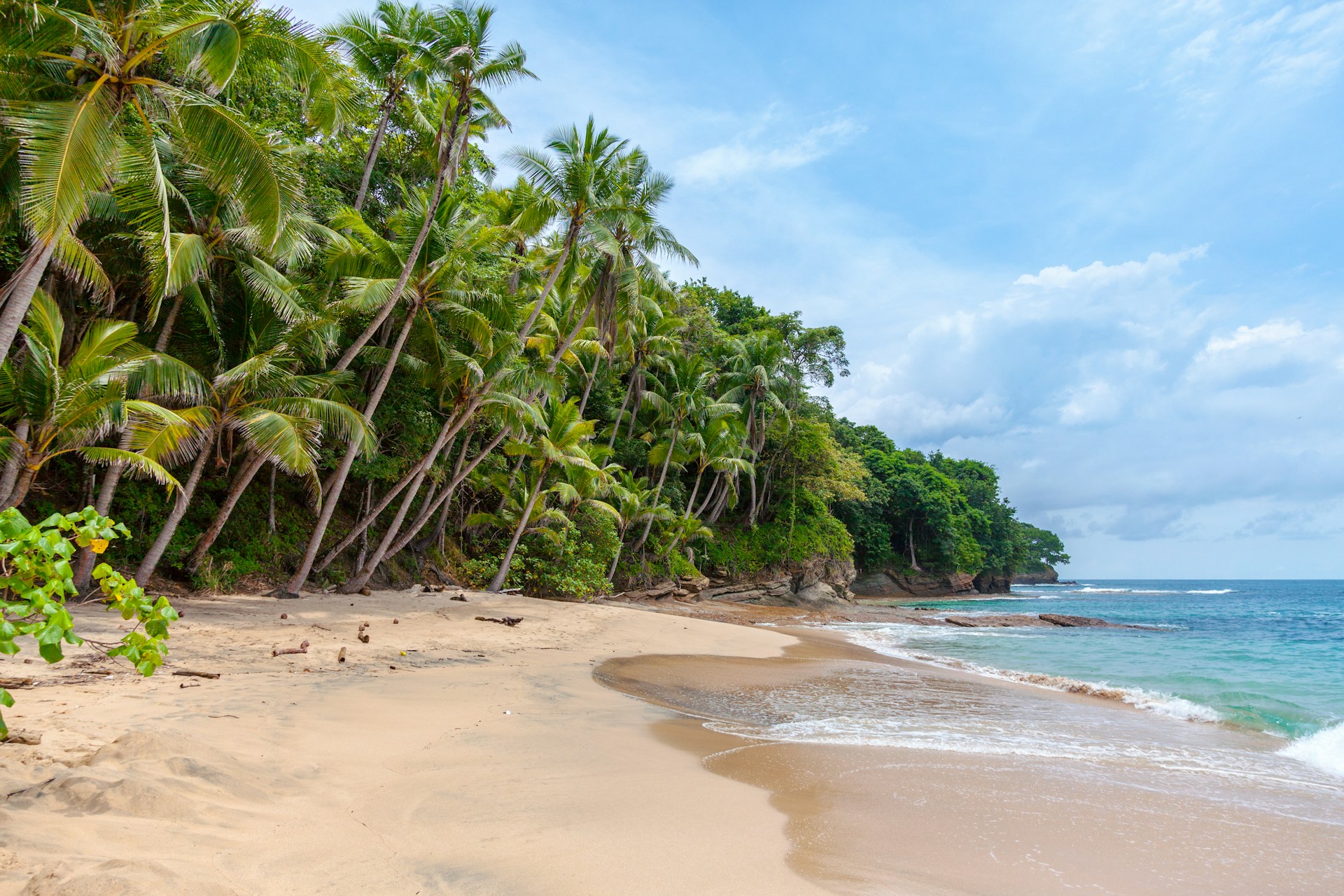Time to Move Abroad?
The case for relocating to another country is getting stronger, but the risks are real, too.
For years, moving abroad was something most Americans associated with adventure-seekers, retirees with generous pensions, or the very wealthy in search of a tax haven. But today, the motivations are shifting—and widening. Rising costs of living, concerns about political polarization, and a sense that the “American quality of life” isn’t what it used to be are pushing more middle-income Americans to look overseas. As highlighted by a recent piece in the Wall Street Journal, interest in long-term residency abroad has surged. And judging by the reader comments, emotions on both sides—those eager to leave and those who would never consider it—are running high.
Part of this is simply the broader climate we’re living in. The political parties continue to pull away from the center, with even local elections—like the recent New York City results—feeling like national referendums on identity and ideology. When home feels unsettled, unfamiliar, or expensive, it’s natural to look outward and wonder if a better life is possible somewhere else.

The Case for Moving Abroad
The appeal is real. For many Americans today—teachers, engineers, freelancers, nonprofit workers, early retirees—the math is starting to tip in favor of other countries. You don’t need a “golden visa” or a seven-figure portfolio. Residency programs in Portugal, Panama, Malaysia, Mexico, and Georgia (the country, not the state) offer relatively accessible pathways for people with stable income, modest savings, or remote work flexibility.
For some, the motivation is financial: the ability to stretch dollars further, reduce taxes, or access more affordable healthcare. Others are looking for lifestyle improvements—warmer weather, a slower pace, better work-life balance, or simply the appeal of living somewhere beautiful and new.
And some are looking for something more existential: a “Plan B” that offers optionality and peace of mind in uncertain times.

Popular Destinations—and Why
A few destinations consistently rise to the top for Americans exploring life abroad:
Portugal. Its D7 visa remains one of the easiest ways for retirees and remote workers to establish residency. A Western European lifestyle with lower costs, walkability, and an English-friendly culture keep it near the top of most lists.
Panama. The Pensionado Visa welcomes retirees with steady monthly income, and the cost of living—especially outside Panama City—remains attractive. Beachfront rentals under $1,000/month don’t hurt either.
Mexico. Proximity, culture, climate variety, and accessible temporary residency options draw people from all stages of life. Expats praise the food, friendliness, and affordability. Others warn about safety and bureaucracy.
Malaysia and Thailand. Southeast Asia offers striking affordability, warm climates, and quality private healthcare. But long-term visas vary in their stability and requirements.
The country of Georgia. Tbilisi has become a hub for digital nomads—vibrant, inexpensive, and increasingly global. But its geopolitical risks matter, particularly with its proximity and historical ties to Russia.
People’s assessments can differ dramatically depending on their experiences, expectations, and stage of life. One commenter raved about Australia’s universal healthcare and paid leave. Another, in his late 70s, returned from Italy after missing the familiarity and convenience of home. What feels like paradise in your 40s may feel isolating in your 70s.

The Downside: Don’t Forget the Four Dimensions of Place
Whenever someone is thinking about moving abroad, it’s tempting to focus on the financial upside. And yes—your dollars may stretch further. But place is multidimensional, and tradeoffs surface quickly when you look holistically.
- Environment (Climate & Daily Living). Weather may improve, but infrastructure or bureaucracy might not. Everyone loves Lisbon until they face four flights of stairs and complicated residency paperwork.
- Health. Healthcare abroad can be high-quality and far more affordable—but it’s not uniform. Access to specialists, emergency care, and complex treatments varies by country. And as you age, proximity to trusted providers matters more.
- Community. One of the greatest challenges may be relationships. Building authentic friendships abroad takes real effort—and staying connected to family back in the States can be hard, especially across time zones. Social networks are the quiet foundation of well-being. Lose those, and the dream destination can become isolating.
- Finances. Lower costs don’t erase the realities of global taxation. Americans still file U.S. taxes no matter where they live. Compliance can be confusing and expensive. Visas may require ongoing income thresholds or renewals.
And then there are the surprises—unexpected political shifts, safety concerns, visa changes, or the simple challenges of navigating life in a new culture. What feels charming during a two-week visit can feel frustrating when you're trying to get a driver’s license, pay a utility bill, or access medical care.

Three Important Tips
If you’re considering living abroad—or even spending a meaningful portion of the year elsewhere—here are three foundational principles to keep you grounded:
- Test a place before making a big decision.
Visit not once, but multiple times. Stay in different seasons. Live, don’t just vacation. What feels romantic on holiday may feel very different when you’re doing laundry and grocery runs.
- Remember that people and places change.
A place that works beautifully in your 50s may not be right in your 70s. Visas shift. Costs rise. Geopolitics can be unstable. Health and mobility needs evolve. Build flexibility into your plans.
- Maintain an option to return.
Optionality has value. Keeping a foothold in the U.S.—a small residence, a rental, or simply a financial plan that allows for return—can turn a big leap into a thoughtful experiment instead of an irreversible decision.
Oftentimes, abroad can be wonderful, but it isn’t a cure-all. It’s a choice—one that requires clarity, experimentation, and honest assessment of what you need to live well.
Home may be where you started. Or it may be somewhere new. The key is being intentional and thoughtful about how you choose it.


